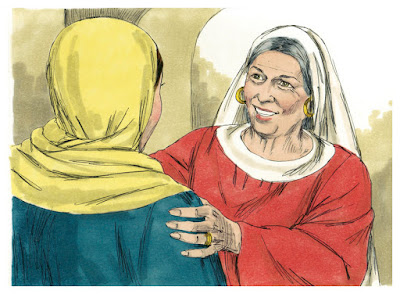Power of a word

I've been reminded lately of how often words can be misused on social media and the harm that can bring. Digitalnun's post today 'Trial by Social Media' is well worth a read on this topic. 'A Wise Word: Reflection on Proverbs 25:11' was one of my 2014 posts on the Big Bible Project website. Here's what I wrote there and it seems worth re-blogging it here, if only to remind myself. Social Media is full of words – funny, sad, silly, wise, cruel, kind, judgemental, helpful, beautiful, ugly. Posting on Twitter, Facebook and all the rest is so quick, it’s easy to say things we later regret. How many times have you re-tweeted a tweet that seems to be news, but without pausing to check the facts, so your tweet becomes false gossip or even slander. Or perhaps it is true but expressed in a cruel way? You know the sort of thing. Dave Roberts has a helpful Proverbs related post about our use of words in Words! Aaaarggh! Do take a look. My post today is







